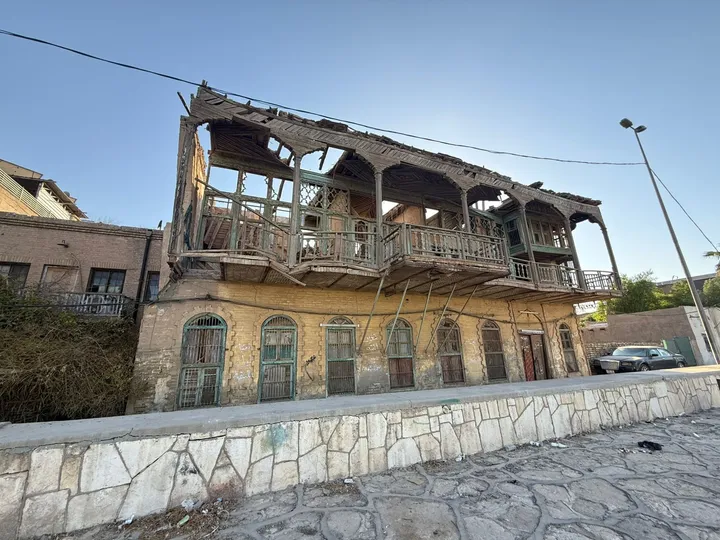Gustavo Zerbino and Mamadou Kouassi both have survived horrifying ordeals, one endured 72 days in the frozen Andes by eating human flesh after an infamous plane crash; the other suffered brutal imprisonment, extortion, and slavery on the African migrant trail to Europe.
And they are both the inspiration for major new films playing at Hollywood's AFI (American Film Institute) Fest this week, ahead of their submission for next year's Oscars.
"Society of the Snow" portrays the "Miracle of the Andes," when a plane carrying an amateur Uruguayan rugby team and their family members crashed on the way to Chile in October 1972.
Thirty-three of the 45 on board survived the initial impact, but only 16 were left after a ten-week ordeal on an Andean glacier without food, shelter, or even warm clothes in -30 Celsius weather, at an altitude of some 3,600 meters.
The survivors had to resort to eating the flesh of their dead comrades to stay alive.
Slavery in Libya
Director Matteo Garrone, best known for the mafia drama "Gomorrah," tells in "Io Capitano" the harrowing story of African migrants before they have even reached the perilous Mediterranean crossings that occupy most Western headlines.
His script combines the real-life ordeals of three migrants including Kouassi, who trekked across the Sahara from the Ivory Coast around 18 years ago.
Even when they reached Libya - a major transit country and crossing point for migrants - their ordeal was far from over.
The film portrays graphic scenes of torture, and Kouassi recalls fellow inmates "killed in the prison, in the cells."
He escaped only after being sold "like a slave" to a local who needed workers to complete masonry work on his property, and eventually freed him.
'Love, friendship, solidarity'
Despite the trauma of reliving their ordeals, both men are helping to promote their films, and expressed hope that audiences will take away important messages.
For Zerbino, his story is "not a tragedy, [though] it has a lot of tragedy; it is not a miracle, [though] it has a lot of miracles."
Instead, "This is a story of love, friendship, solidarity... a very important message in this difficult moment that the whole world is facing."
Kouassi hopes that his film can help "people understand what we faced before we arrived in Europe," and even lead to a loosening of the travel restrictions on people from poorer countries that force them to risk their lives with illegal crossings in the first place.
"It is a complete disaster," he said. "This film has very powerful information to spread all over the world."
























